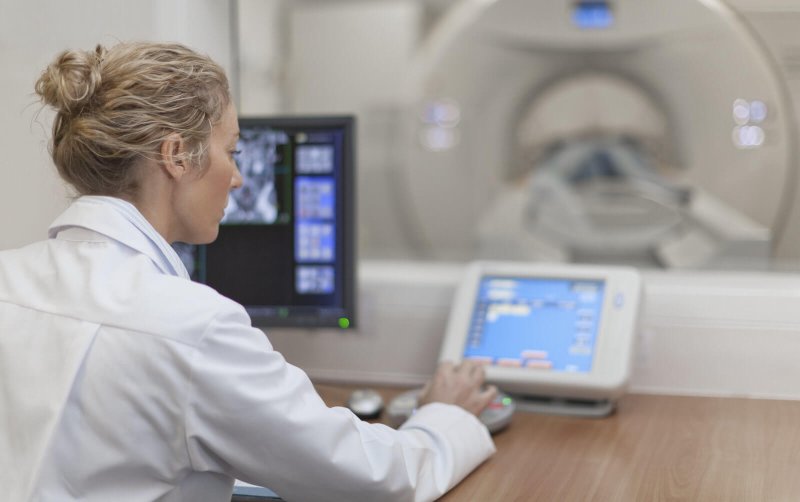One of lung cancer’s most lethal attributes is its ability to trick radiologists. Some nodules appear threatening but turn out to be false positives. Others escape notice entirely, and then spiral without symptoms into metastatic disease.
On [May 20], however, Google unveiled an artificial intelligence system that — in early testing — demonstrated a remarkable talent for seeing through lung cancer’s disguises.
A study published in Nature Medicine reported that the algorithm, trained on 42,000 patient CT scans taken during a National Institutes of Health clinical trial, outperformed six radiologists in determining whether patients had cancer. It detected 5% more cancers and cut false positives — when cancer is suspected though a nodule is harmless — by 11% from reviewing a single scan. It performed on par with the radiologists when prior images of patients were also included in the evaluation.
The results underscore AI’s potential to improve lung cancer screening and help radiologists diagnose malignancies earlier and with greater accuracy — though the research did not show whether the Google system would help patients live longer. Lung cancer is by far the most common killer of Americans among cancers, resulting in about 160,000 deaths in 2018.
Read full, original post: Google’s AI improves accuracy of lung cancer diagnosis, study shows































